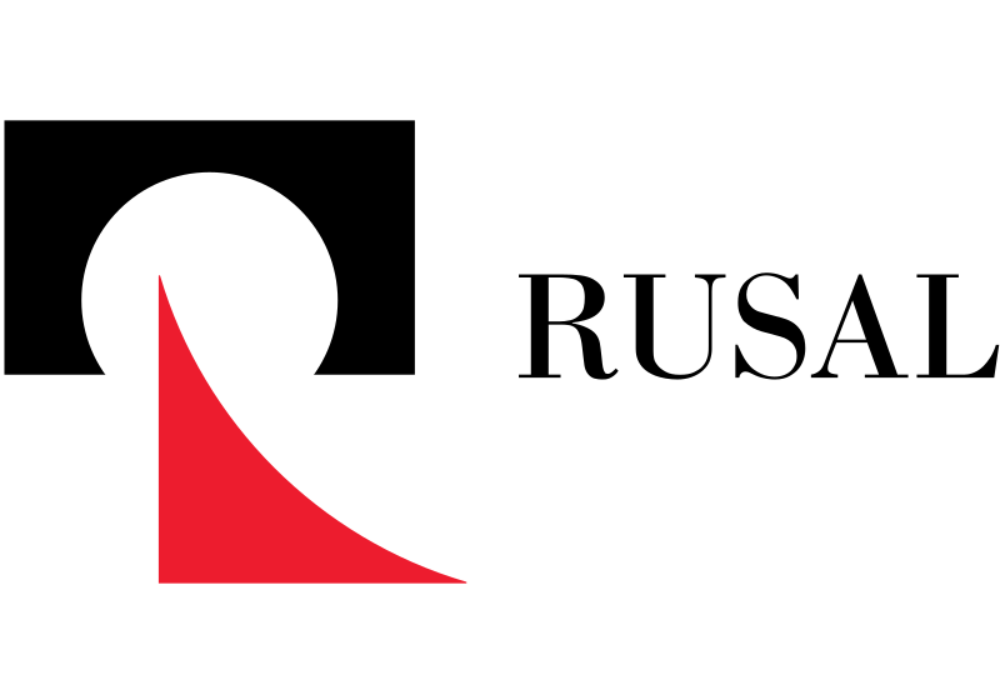

RUSAL has officially launched commercial production of its new Primary Equivalent Foundry Alloys (PEFA), tailored for the automotive industry. These innovative alloys incorporate up to 40 per cent post-consumer aluminium scrap, marking a significant step towards sustainable manufacturing in the sector.

The production is being carried out at the Irkutsk Aluminium Smelter, where RUSAL has also expanded the use of recycled metals. The PEFA production builds upon the company’s earlier initiative launched in early 2023, which began with trial runs incorporating 20 per cent end-of-life aluminium scrap.
The process integrates post-consumer scrap into molten low-carbon ALLOW aluminium, RUSAL’s proprietary brand made using renewable energy sources. This production method results in a carbon footprint significantly below the market average, a claim substantiated by an independent third-party verification.
Also read: Rusal issues exchange-traded bonds, making a strategic move to raise capital
PEFA alloys are designed to match the performance and technical standards of primary foundry alloys, particularly in applications such as aluminium wheels and structural automotive components. This performance is ensured through stringent scrap sourcing practices. The development aligns with original equipment manufacturers' (OEMs) broader strategies aimed at achieving carbon neutrality and reinforces RUSAL’s commitment to circular economy practices.
Responding to robust demand from leading global automotive parts manufacturers for sustainable aluminium solutions, RUSAL is actively expanding its portfolio under the ALLOW brand. The company continues to enhance the use of end-of-life scrap in its products while remaining committed to sustainability goals.
RUSAL is among the largest producers of foundry alloys, offering an extensive product range that includes wheel alloys, casting alloys, piston alloys and specialised formulations for both automotive and non-automotive applications. Primary foundry alloy is an alloy based on aluminium, with an addition of silicon, magnesium, strontium, and titanium. The company’s in-house Research and Development Centres play a vital role in alloy innovation, supporting customers with advanced technical solutions and dedicated R&D projects.
Also read: Russia’s largest aluminium foil mill eyes 12% output growth following investment from RUSAL
Responses








